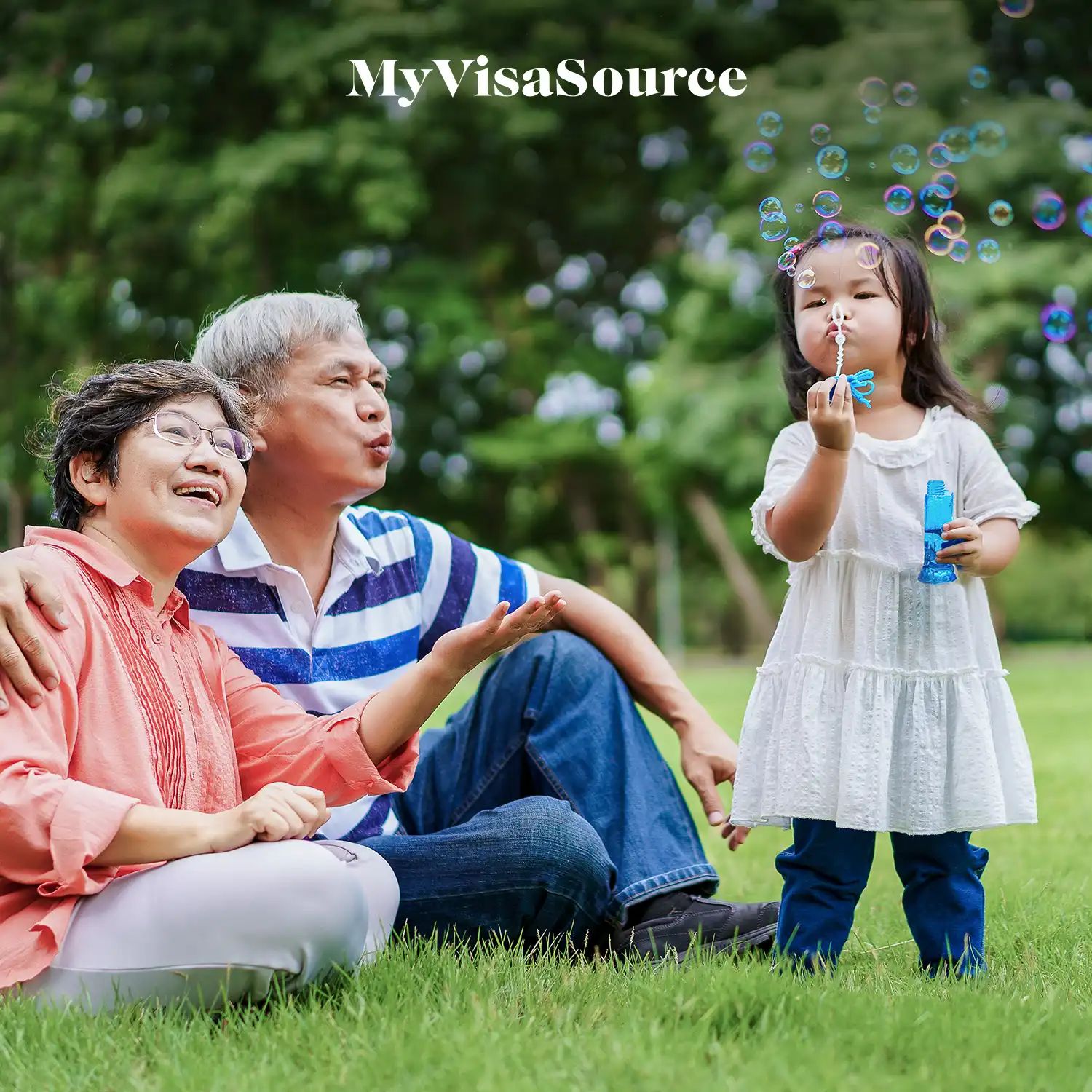The government of Canada's "Immigration, Refugees and Citizenship Canada (IRCC)" acknowledges the role that parents and grandparents play in a happy family life. For this reason, the government allows for a super visa that creates a flexible arrangement for families to meet on Canadian soil. This helps to keep families in touch when a parent or grandparent doesn’t wish to become a permanent resident.
Eligibility For A Super Visa
In order to be considered eligible for the parent and grandparent super visa, the person entering the application must be a direct parent or grandparent of a permanent resident or a citizen of Canada.
This type of visitor visa for parents or grandparents does not apply to dependents of the parent or grandparent applying for this program. In the case where a dependent is the one entering an application, they must apply for their own visitor visa under another program.
Application Considerations
Canadian border officers will meet those who apply for entry under the super visa at the border. As such, it’s suggested that the visa beneficiary have completed the necessary paperwork well in advance of arrival.
Before the application is accepted, the officer will consider the purpose of the parent or grandparent’s visit, along with the visitor's ties to his or her home country.
Since this type of visa is not for the purposes of living in Canada as a permanent resident, the officer will consider factors such as the stability of the country of origin, both financially and politically.
The super visa application may also take a look at the entire family’s financial situation. Invitations for the parent and grandparent must also be present for the application to go forth.
Parent and Grandparent Requirements
Before the application for a super visa goes through, the parent or grandparent must show that they have medical insurance sufficient to cover costs that may be incurred while receiving treatment in Canada.
An official letter must also be issued by the child or grandchild, proving and pledging financial support for the benefactor of the super visa. Finally, before entering Canada, the parent or grandparent must complete a medical examination.



















